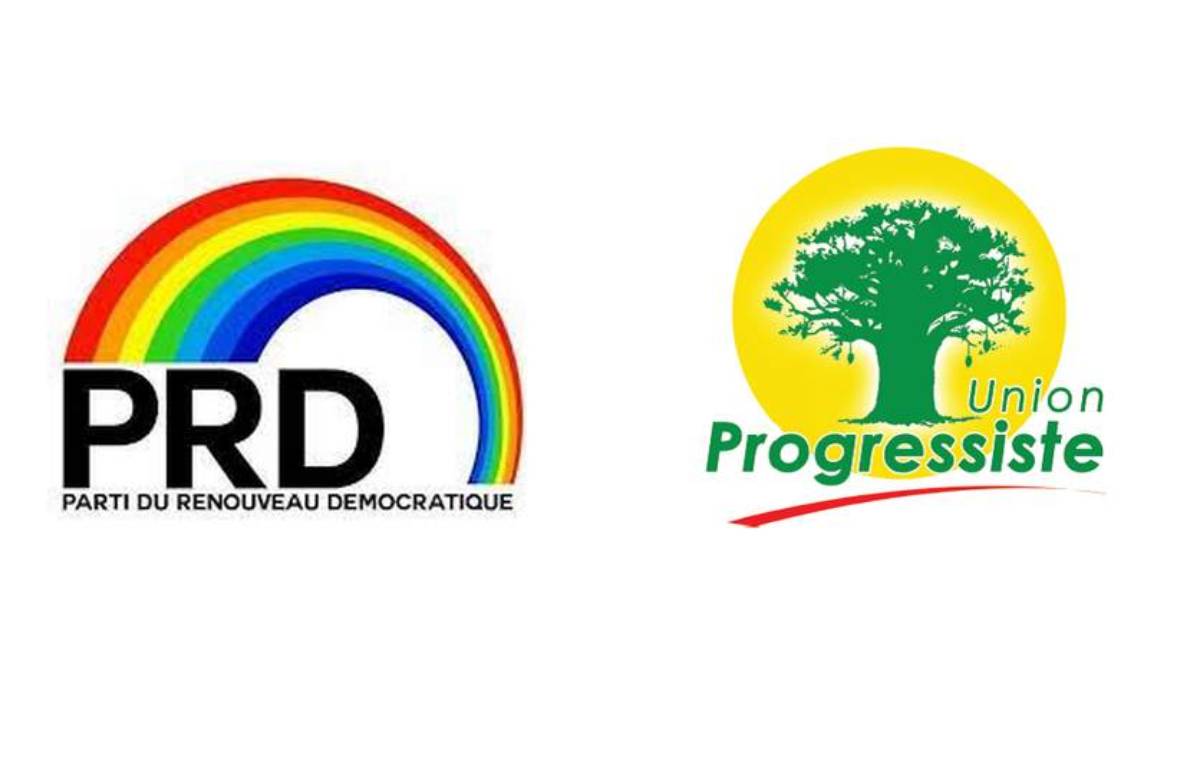UP-PRD Crisis: The Republican Bloc Proposes a Political Solution
The leading political party in Benin in terms of elected officials is going through turbulent times. An internal crisis threatens not only its cohesion, but also its legal and political existence.

SUMMARY
At the heart of the storm is the political party of Me Adrien Houngbédji, strongly expressing its discomfort within the union formed by the “merger” between UP and PRD.
According to Adrien Houngbédji, the merger that led to the Progressive Union for Renewal does not at all mean the disappearance of the PRD. For the leader of the “Tchoco-Tchoco,” the PRD was never dissolved and therefore continues to exist legally.
An argument that the Ministry of the Interior categorically rejects. In a firm correspondence, Minister Alassane Séidou ordered the PRD to cease all use of its attributes, symbols, and insignia, citing a violation of the current laws governing political parties in Benin.
The BR for a Political Resolution of the Crisis
While the debate takes a legal and institutional turn, several voices are calling for political de-escalation. On the BL Television airwaves, Romaric Ogouwalé, minister adviser in charge of Energy, Water, and Mines, and vice-president of communication for the Republican Bloc (BR), invited the different parties to prioritize dialogue.
According to the minister adviser, this crisis, “The BR has experienced it before the UPR, with the departure of the former UDBN of Claudine Prudencio… This is to say that efforts must continue within the framework of deepening the reform of the partisan system, so that political problems find their solutions in the political field. It’s essential,” pleaded the former deputy.
The current crisis raises a fundamental question: the solidity of the partisan system reform launched since 2018. The current situation reveals the challenges of consolidating major parties, particularly in terms of internal governance, managing mergers, and adhering to post-merger commitments.
While the UPR seeks to establish itself as a unified political force, this challenge by one of its founding components risks undermining the party’s internal balance and disrupting parliamentary dynamics ahead of the 2026 electoral deadlines.
The ball is now in the politicians’ court to prevent this dispute from escalating further. Resorting to a concerted political solution, far from rigid legal stances, could help preserve the stability of the partisan system and unity within the UPR.


Comments